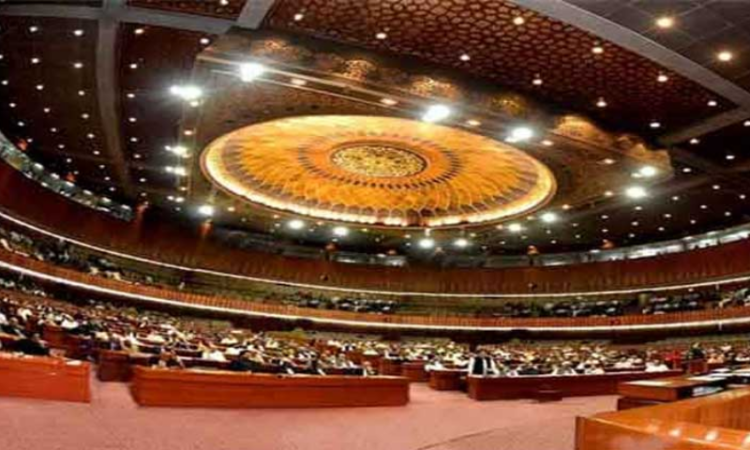Islamabad, January 23, 2025: The National Assembly on Thursday passed the Prevention of Electronic Crimes (Amendment) Bill 2025, commonly referred to as the PECA Bill, amid strong opposition from political parties and journalists.
The bill, aimed at regulating social media and online content, was approved by a majority vote within minutes after Federal Minister for Industries and Production Rana Tanveer Hussain presented it. Opposition lawmakers staged a walkout in protest prior to the vote, followed by journalists walking out of the press gallery in solidarity against the bill’s passage.
A key feature of the amendment is the establishment of a new regulatory body, the Digital Rights Protection Authority (DRPA), tasked with overseeing online content and safeguarding digital rights. The DRPA will have wide-ranging powers, including the ability to remove content, block access to prohibited or obscene material, and take legal action against individuals found sharing such content.
The bill further defines social media platforms to encompass websites, applications, and communication channels. The DRPA will also be responsible for promoting digital literacy, fostering research, and ensuring user safety and security online. Additionally, social media platforms operating in Pakistan will now be required to register with the authority and comply with conditions set by it.
The legislation introduces stricter penalties for the dissemination of false information online, including a three-year prison sentence and a fine of Rs2 million.
To address cybercrime cases, the bill proposes the creation of a Social Media Protection Tribunal to handle disputes related to online content. The tribunal is mandated to resolve cases within 90 days. Furthermore, a National Cyber Crime Investigation Agency will be established to investigate cybercrime offenses across the country.
The passage of the bill has sparked significant criticism, with journalists and civil rights advocates arguing that it imposes undue restrictions on freedom of expression and grants excessive censorship powers to the authorities.
Critics have warned that the bill’s provisions could be used to stifle dissent, suppress critical voices, and curtail citizens’ rights to free speech under the guise of regulating digital spaces.








